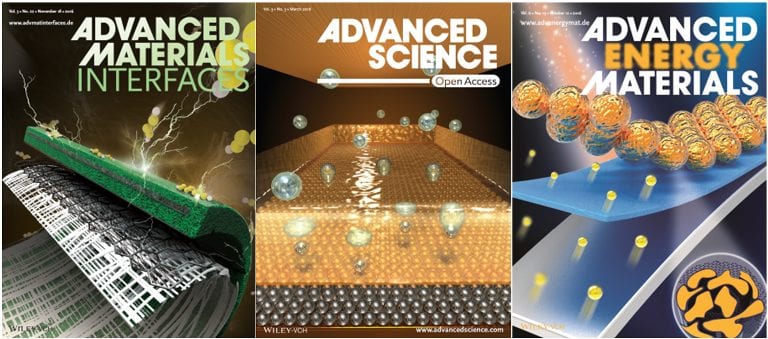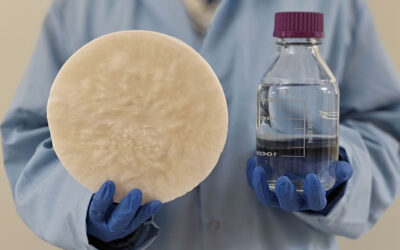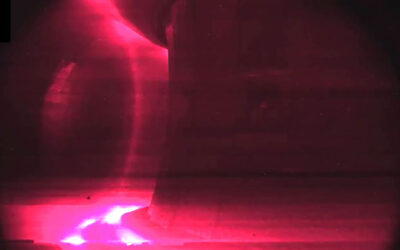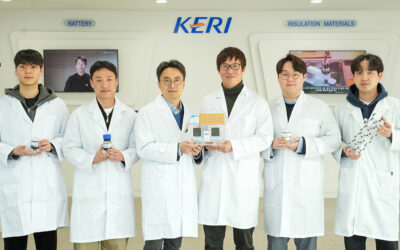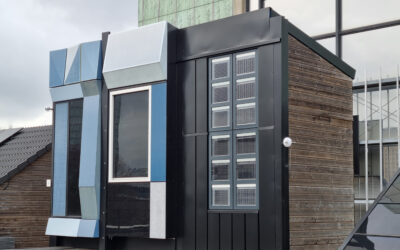Organised by the Deutsche Bunsen Gesellschaft für Physikalische Chemie e.V. and in cooperation with the Laboratory for materials science (LaMa) at the Justus-Liebig-University in Gießen, Germany, the biannual Bunsen-Colloquium started on Wednesday, November 23, and ended on Friday, November 25 with in total 26 presentations, 8 keynote presentations, and 43 poster presentations. The attendance has steadily increased over the years and this year 150 participants have registered.
Typically, the Bunsen-Colloquium handles a certain topic only once per conference. However, two years ago the Solid-State-Battery conference was such a success, that the organisers decided to again focus on solid-state batteries this year, and with success, as even more participants have registered for this year’s meeting. The organisers focus the conference on a successful exchange between academia and industry on physical-chemical topics.
Solid-state batteries are a trending and important topic in scientific research, as they are much safer than liquid batteries. Such batteries are protected against overheating and as result the electronic device does not risk catching fire.
At the conference, there was particular focus on thick- and thin-film cells, solid electrolytes as well as on theory and model systems. Not only participants from academia were present, representatives from industry also shared their recent results. The organisers particularly supported young researchers to attend this conference, which is reflected in the many talks that were given by post-docs and students.
On Wednesday, Dr. Yuki Katoh presented an overview of the activities in solid electrolytes for batteries at Toyota Motor Europe. His team works on the solidification of electrolyte materials in batteries, such as lithium-phosphor-sulfur materials. These lithium superionic conductors show a high conductivity as well as a stability up to 100 °C.
On Thursday, Prof. Yoon Seok Jung summarized in his keynote lecture his achievements relating to highly conductive, stable as well as cost-effective inorganic solid electrolytes for all-solid-state batteries. A special highlight was Prof. Stefano Passerini’s lecture about the development of lithium polymer batteries whose long-term cycling performance is remarkably improved by quaternary polymer electrolytes. Dr. Wolfgang Zeier elucidated the diffusion pathways in different lithium conducting thiophosphates by investigation of their chemical structure using different analytic methods.
Overall, the Bunsen-Colloquium was an excellent conference where young scientists and industry were brought together to discuss recent achievements in the world of solid-state batteries. The next Bunsen-Colloquium will be held in 2018.

